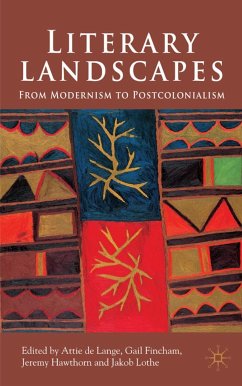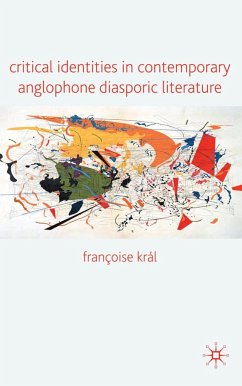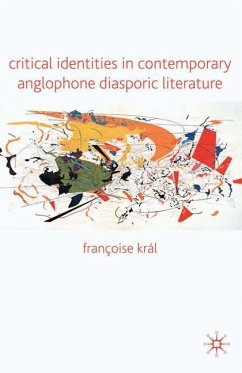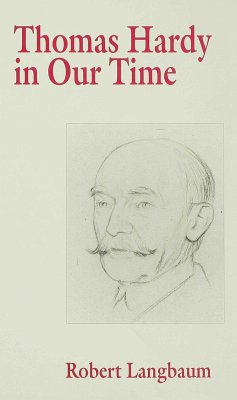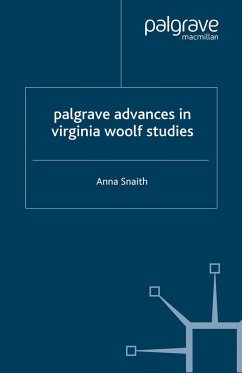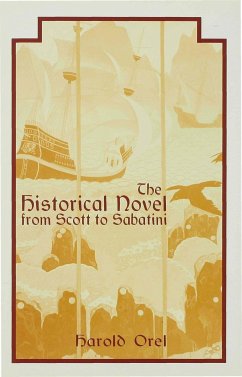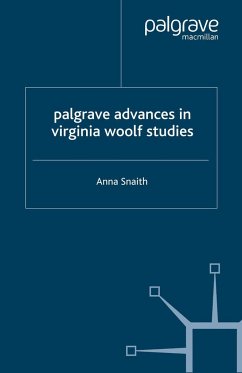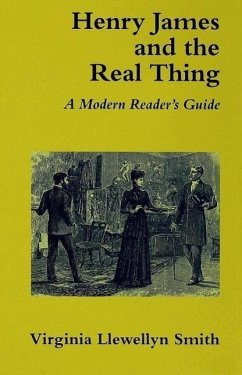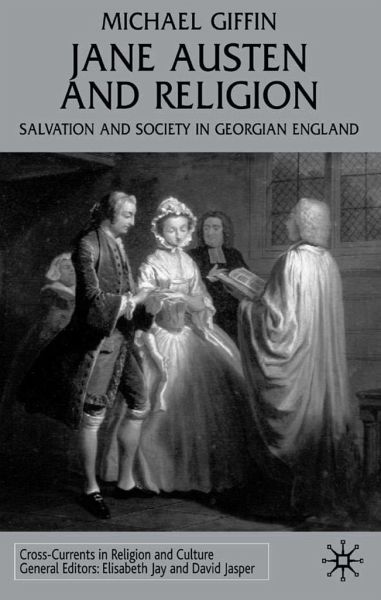
Jane Austen and Religion
Salvation and Society in Georgian England

PAYBACK Punkte
51 °P sammeln!
Jane Austen is often thought of as a secular author, because religion seems absent from her novels, because she satirises her clerical characters, and because history and literacy criticism - and the literary sensibility of the twenty-first century reader - is overwhelmingly secular. Michael Giffin offers a reading of Austen's published novels against the background of a 'long eighteenth century' that stretched from the Restoration to the end of the Georgian period. He demonstrates that Austen is a neoclassical author of the Enlightenment who writes through the twin prisms of British Empiricis...
Jane Austen is often thought of as a secular author, because religion seems absent from her novels, because she satirises her clerical characters, and because history and literacy criticism - and the literary sensibility of the twenty-first century reader - is overwhelmingly secular. Michael Giffin offers a reading of Austen's published novels against the background of a 'long eighteenth century' that stretched from the Restoration to the end of the Georgian period. He demonstrates that Austen is a neoclassical author of the Enlightenment who writes through the twin prisms of British Empiricism and Georgian Anglicanism. His focus is on how Austen's novels mirror a belief in natural law and natural order; and how they reflect John Locke's theory of knowledge through reason, revelation and reflection on experience. His reading suggests there is a thread of neoclassical philosophy and theology running through and between each of Austen's novels, which is best understood in its cultural context.






